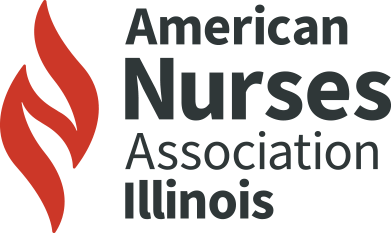Improving Group Therapy Outcomes Through ACT-Based Staff Training: A Quality Improvement Initiative
ABSTRACT
Problem & Objective: A local psychiatric hospital identified that its group-facilitation training and curriculum were not adequately meeting staff needs, contributing to decreased patient satisfaction with group therapy. This quality improvement project aimed to: Increase the number of staff trained in Acceptance and Commitment Therapy (ACT)-based group facilitation by 50%, improve staff self-assessed group leadership skills by 10%, and enhance patient satisfaction with group therapy by 0.25 points on relevant measures.
Literature Review: Evidence suggests that staff training in psychiatric settings can improve clinical competence, knowledge, and patient outcomes (Shenkel et al., 2020). Moreover, non-specialist psychiatric ward staff can be effectively trained to deliver ACT-based group therapy, resulting in positive impacts on patient care (Guadiano et al., 2020; Samaan et al., 2021).
Methods: Staff were offered training in ACT-based group facilitation. The intervention was piloted on an adult acute inpatient unit using the Plan-Do-Study-Act (PDSA) cycle framework from the Institute for Healthcare Improvement.
Outcomes: The quantity of staff training in ACT-based group facilitation increased by over 50%, though participation varied. Some improvement was observed in self-assessed staff leadership skills; however, patient satisfaction scores related to group therapy did not show a significant change post-intervention.
Clinical Implications: ACT-based group therapy shows potential benefits, but successful implementation depends on sustained organizational support. Targeted training of designated group leaders, supplemented by performance feedback and ongoing coaching, may be more effective than generalized staff training. This poster presentation will share lessons learned and practical strategies for enhancing group therapy programs in inpatient psychiatric settings.
